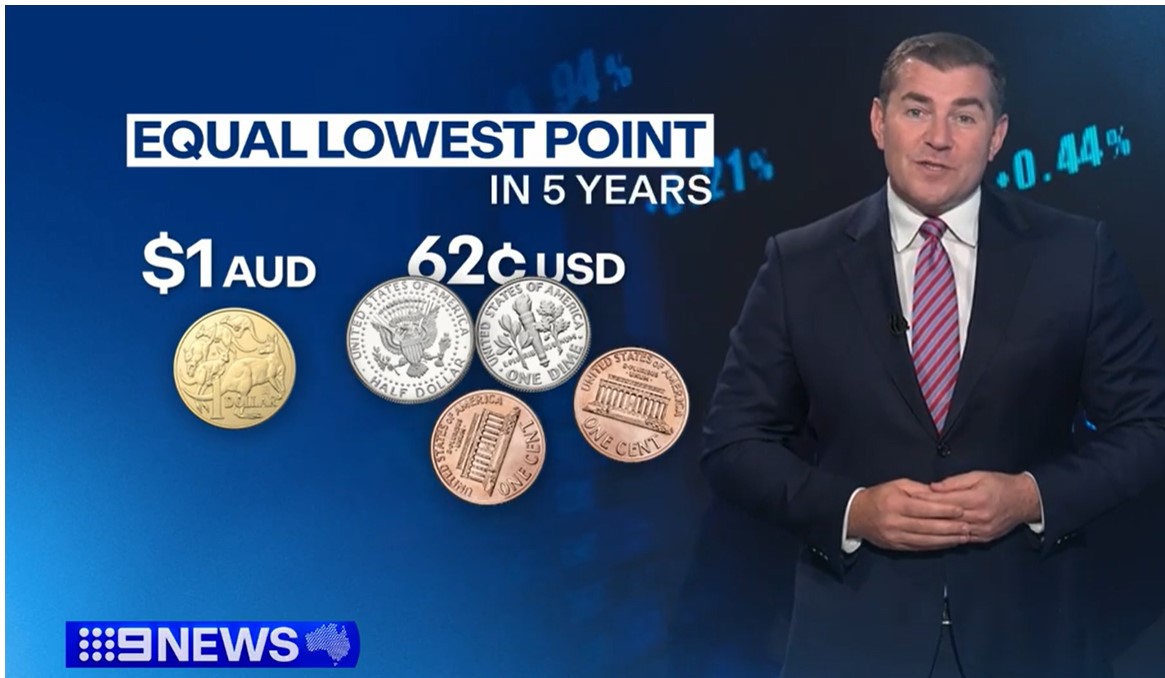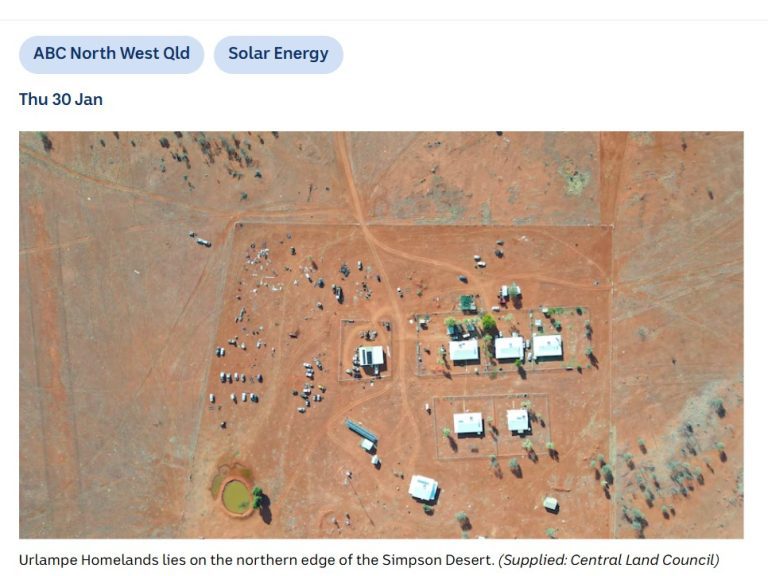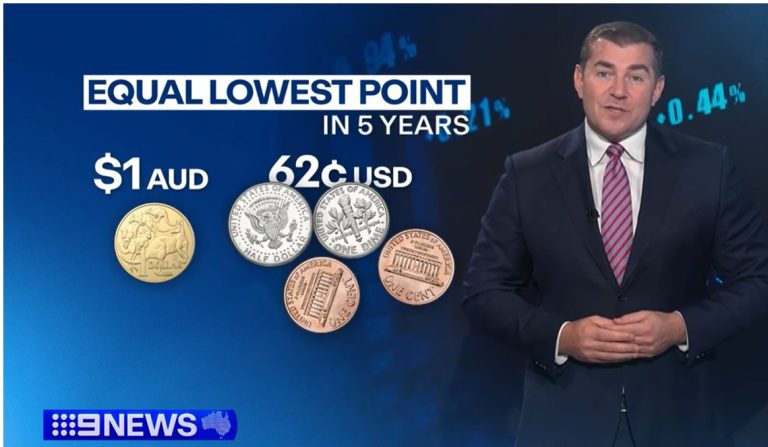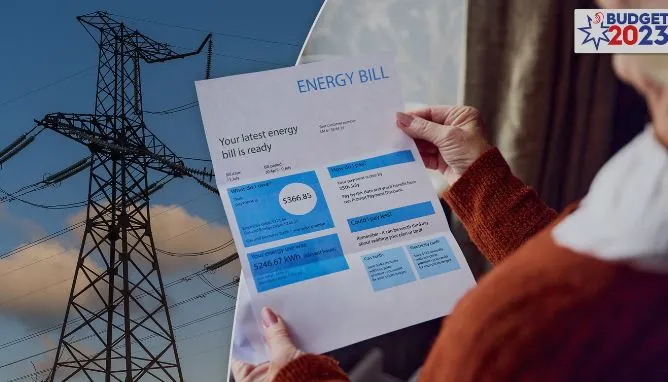The Australian dollar is currently weak, trading at about 62 US cents, which is the lowest it’s been in nearly five years. This weakness is also seen against other major currencies like the euro and the British pound.
A weak Australian dollar has several effects on the average household:
- Higher import costs: As Australia imports many goods – including solar panels, inverters and batteries – a weaker AU dollar is likely to make these items more expensive in the coming months.
- Rising petrol prices: Fuel costs are particularly affected, as they are tied to global markets.
- More expensive electronics and clothing: You may see the price of these items, often imported, increases.
- Potential impact on groceries: Some food items may also become pricier.
The upside
It’s not all bad news though. A weaker dollar can benefit Australian exporters by making their products more competitive internationally.
Given the current economic climate, if you’re considering a solar system this summer you should act now to avoid further price increases. With the weakening of the Australian dollar, the cost of solar installations is expected to rise as import prices for essential components increase.
Why UNIfied?
Contact UNIfied today or call 1300 817 847 to achieve greater savings in these precarious times, and start your journey of clean energy living!









